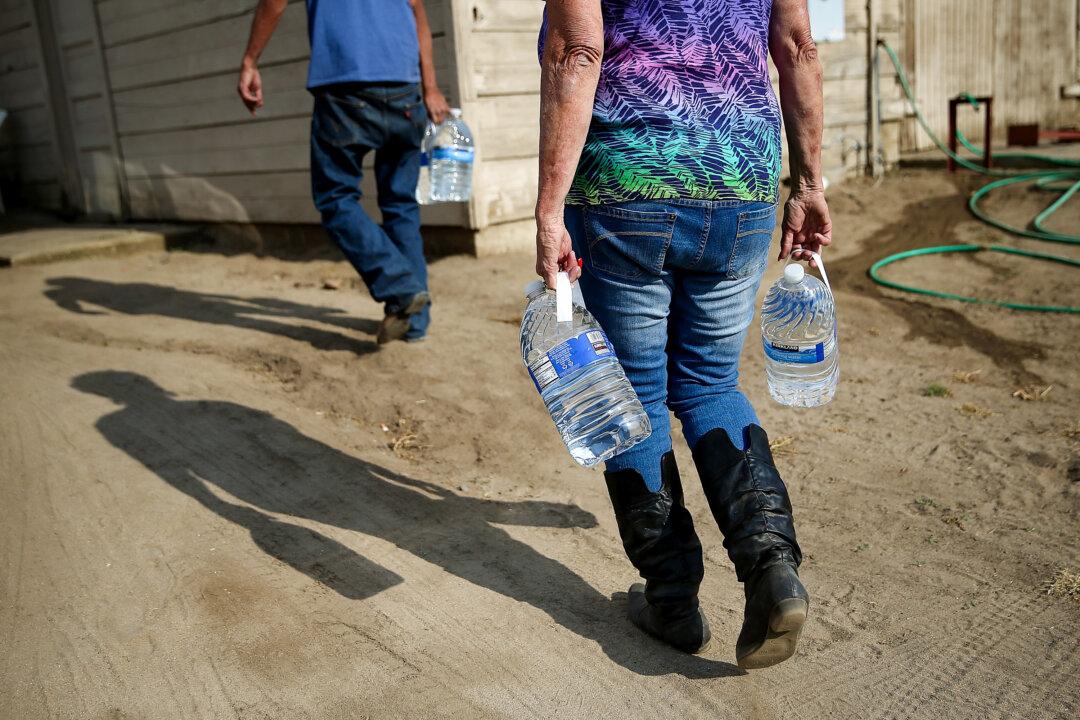A U.S. government agency warned this week that foreign adversaries are carrying out cyberattacks against water and sewage systems across the United States.
In a letter issued to governors on March 19, U.S. national security adviser Jake Sullivan and Environmental Protection Agency Administrator Michael Regan said that hackers are “striking water and wastewater systems throughout” the country and highlighted specific cyberattacks by groups sponsored by Iran and China.





